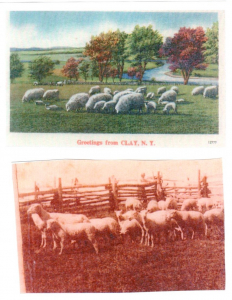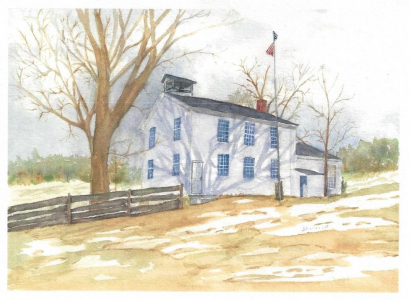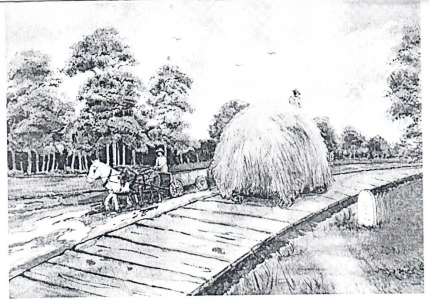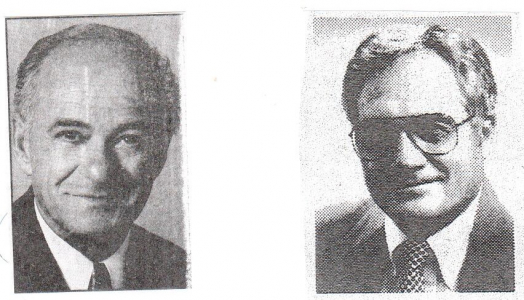Australian's Visit Town of Clay - Part IIPosted on January 5, 2016 |
Image

|
REMEMBERING CLAY
Australians visit great great-grandfather’s homestead – Part II
On Monday evening, October 19, the Patterson’s (from Australia) and I attended the Clay Town Board meeting where Deputy Town Supervisor, Joe Bick welcomed them to Clay. After I gave a brief background of how we became acquainted from over 8,000 miles away, Terry told a brief story on why he and his wife Margaret traveled all those miles to visit the town where her great great-grandfather was born and raised. Everyone clapped.
Our next trip was to the Onondaga County Library at the Galleries in Syracuse. Terry had requested that I locate a book on the Richmond genealogy written by Joshua Bailey Richmond. It was nowhere to be found in Australia. A Google search revealed only one copy existed – at the Onondaga County Library. We took a bus to the city so they could see the sites – the housing developments, old parts of Syracuse, the downtown district, Destiny, etc. We were welcomed by the employees on the fifth floor Archives at the library. The book was a treasure but falling apart as we looked through it. (It will be digitized and put on a website.) Sure enough, there was the genealogy of the Richmond’s, including Rebecca, her son Hiram and all his siblings – all born in America. It went all the way back to 1040, showing that the first Richmond to come to America was John about 1635 at the age of 41, Rebecca’s ancestor. The Patterson’s were able to have copies made of Hiram’s genealogy to take back to Australia.
Visiting the Windmill at Prescott in Canada was probably the most important trip to them. It was the site of the battle in November 1838. Hiram and his fellow Onondaga Hunters were on the way to Fort Wellington to join with Canadian sympathizer who wanted to capture the fort and free Canada. Their boat became lodged on the northern shore of the Saint Lawrence River. They took refuge at the windmill, a stone structure built like a fort. The 200 Hunters stood off a garrison of English for four days, finally using, hinges, bolts metal spoons and anything metal to fire from their cannon. Eventually hunger, along with smoke that filled the building (caused by the English artillery fire), forced them to surrender.
Unfortunately, the Windmill was under renovation when we visited, but could still be seen through the scaffolding just as it was 177 years ago.
Dorothy Heller, Historian
12-22-15




